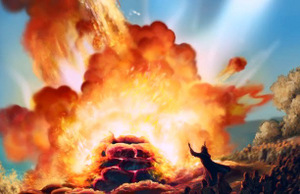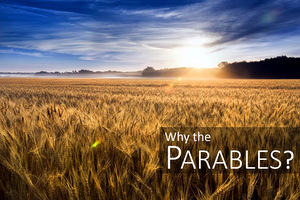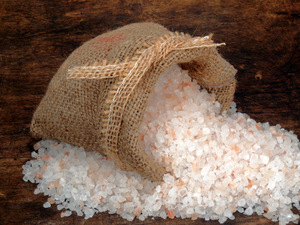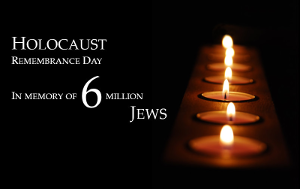Was Elijah's Offering a Sin?
We recently received this question about Elijah's sacrifice on Mount Carmel:
 How are we to understand the sacrifice that Elijah offered on an altar on Mount Carmel in light of Deuteronomy 12:13-14?
How are we to understand the sacrifice that Elijah offered on an altar on Mount Carmel in light of Deuteronomy 12:13-14?
"Be careful that you do not offer your burnt offerings in every place you see, but in the place which the LORD chooses in one of your tribes, there you shall offer your burnt offerings, and there you shall do all that I command you."
Was Elijah's offering a sin?
Let's begin the answer with some historical context...




